Switzerland offers to host a high-level meeting between US President-elect Trump and Russian President Putin
Switzerland Offers to Host High-Level Meeting Between US President-Elect Trump and Russian President Putin: A Crucial Moment for Global Diplomacy
As global tensions simmer, Switzerland has extended an offer to host a high-level meeting between US President-elect Donald Trump and Russian President Vladimir Putin. This proposed summit comes at a pivotal moment, as both nations are navigating complex geopolitical challenges, and the potential for direct talks between the two leaders is seen as an opportunity to reshape the future of US-Russia relations.
Switzerland, known for its long-standing tradition of neutrality and diplomatic facilitation, is positioning itself as a neutral ground for a crucial dialogue between two of the world’s most powerful leaders. This article will explore the significance of this offer, the potential outcomes of such a meeting, and what it could mean for global politics and security.
The Context of US-Russia Relations
The relationship between the United States and Russia has been marked by both cooperation and conflict over the years. After the Cold War, the two countries experienced periods of détente, but recent decades have seen rising tensions, particularly since Russia’s annexation of Crimea in 2014, its involvement in the conflict in Ukraine, and accusations of interference in the 2016 US presidential election.
During President Barack Obama’s administration, relations with Russia deteriorated, leading to sanctions and diplomatic expulsions. President Trump, during his campaign, had made it clear that he was open to improving relations with Russia. However, this stance has been complicated by ongoing investigations into alleged Russian interference in the 2016 election and broader concerns within the US intelligence community about Russia’s actions on the global stage.
As President-elect Trump prepares to take office, the prospect of a meeting with President Putin presents both opportunities and challenges. A direct dialogue could pave the way for new avenues of cooperation on issues ranging from arms control to counterterrorism. However, it also raises concerns about the potential for appeasement or concessions to a leader who is often at odds with Western democratic values.
Switzerland: A Neutral Ground for Dialogue
Switzerland has long been known as a hub for diplomacy and peace talks. Its policy of neutrality, coupled with its well-established reputation for hosting international organizations such as the United Nations Office at Geneva, makes it an ideal candidate to facilitate sensitive discussions between adversarial powers.
The Swiss government has not only offered its services as a neutral mediator but has also proposed the use of its iconic cities, such as Geneva or Zurich, as potential venues for the meeting. The choice of Switzerland underscores the country’s role as a trusted intermediary in global affairs, free from the political and military allegiances that often complicate diplomatic negotiations.
Geneva, in particular, has been the site of numerous landmark diplomatic events, including the Geneva Conventions, and it hosts several key UN agencies and the International Committee of the Red Cross (ICRC). This history of international cooperation and peacebuilding enhances Switzerland’s credibility as a location for talks between two countries with deep political and military interests.
Why a US-Russia Summit Matters
- Arms Control and Security: One of the most pressing issues between the US and Russia is arms control. The expiration of the New START treaty in 2026, which limits the number of nuclear warheads each country can deploy, is a major point of concern. A meeting between Trump and Putin could provide an opportunity to discuss the renewal or extension of this vital agreement. There is also the possibility of addressing other security issues, such as missile defense systems, cyberattacks, and military deployments in sensitive regions like Eastern Europe and Syria.
- Global Stability and Conflict Resolution: US-Russia relations have a significant impact on global stability. The two countries are involved in various international conflicts, from the civil war in Syria to tensions in Ukraine and Afghanistan. A meeting between Trump and Putin could open the door to dialogue on how to de-escalate these conflicts and find diplomatic solutions. Cooperation between the US and Russia is crucial for addressing global challenges such as terrorism, the proliferation of weapons of mass destruction, and the prevention of future conflicts.
- Economic Cooperation: Another area where US-Russia relations have the potential to evolve is in economic cooperation. Despite sanctions and tensions, Russia remains a major global player, particularly in energy markets. A more cordial relationship between the two countries could lead to new opportunities for trade and investment. This could benefit both economies, as the US seeks to secure its energy interests and Russia looks to expand its market access and diversify its economy.
- Cybersecurity and Election Interference: One of the most contentious issues between the US and Russia is the allegation of Russian interference in the 2016 US presidential election. Despite widespread condemnation, Moscow has consistently denied any involvement. A high-level summit could provide an opportunity to directly address these concerns and discuss strategies for preventing future interference, as well as broader issues related to cybersecurity and information warfare.
- The Global Order and Multilateralism: US-Russia relations also influence the broader global order. A more cooperative relationship between the two countries could have ripple effects across multilateral organizations such as the United Nations, the World Trade Organization, and the G20. Both nations play key roles in shaping global policies on climate change, trade, security, and human rights. A meeting between Trump and Putin could signal a shift towards more constructive engagement in these international forums.
The Challenges of a Trump-Putin Meeting
While a US-Russia summit holds considerable promise, it is not without its challenges. Several factors must be considered in order for such a meeting to be productive:
- Political Backlash: A meeting between Trump and Putin could face significant political backlash, particularly from those within the US who are critical of Russia’s actions. Members of Congress, both Democrat and Republican, have expressed concern over Trump’s willingness to engage with Putin, given Russia’s track record of human rights abuses, its interference in foreign elections, and its actions in Ukraine and Syria. Critics fear that direct engagement with Putin could embolden the Russian leader and undermine US foreign policy objectives.
- Public Perception and Trust: Trust between the US and Russia is at a low point. Many in the US, especially following the 2016 election interference and Russia’s role in Syria, view Putin with suspicion. For any summit to be successful, both leaders would need to manage public perceptions carefully. Trump’s administration will need to balance the desire for diplomacy with the need to maintain a tough stance on Russia’s more controversial actions.
- Uncertainty of Outcomes: The unpredictability of President-elect Trump’s foreign policy makes it difficult to assess the potential outcomes of a meeting with Putin. Trump’s approach to Russia has been inconsistent, with some moments of praise for Putin juxtaposed with more critical remarks about Russian actions. The lack of a clear, coherent policy toward Russia could make negotiations difficult and unpredictable, particularly on sensitive issues like arms control and security in Eastern Europe.
- The Risk of Appeasement: Critics argue that engaging with Putin without addressing Russia’s actions in Ukraine, its support for authoritarian regimes, and its record on human rights could be seen as a form of appeasement. Such a move could embolden Putin and undermine international efforts to hold Russia accountable for its actions. Any high-level meeting would need to balance diplomacy with clear expectations and red lines.
The Significance of Switzerland’s Offer
Switzerland’s offer to host the Trump-Putin meeting is not just a logistical one but also a symbol of the importance of diplomacy in times of tension. As a country that has historically mediated peace talks and hosted international negotiations, Switzerland is positioning itself as an advocate for dialogue and conflict resolution.
The fact that Switzerland is offering to host such a high-profile meeting demonstrates the country’s commitment to fostering peaceful solutions to global issues. It also highlights the broader role that neutral nations can play in facilitating diplomacy, especially when the stakes are high and the potential for conflict is significant.
Switzerland’s neutrality and experience in handling sensitive diplomatic situations give it the credibility needed to host such a significant summit. In an era where geopolitical tensions are on the rise, Switzerland’s role as a facilitator of dialogue becomes more crucial than ever.
In Conclusion
The offer from Switzerland to host a meeting between US President-elect Trump and Russian President Putin is a significant development in global diplomacy. If the summit goes ahead, it could provide an opportunity for the two leaders to reset US-Russia relations, address critical issues such as arms control, cybersecurity, and international security, and explore avenues for greater cooperation. While the potential for conflict and disagreement remains, Switzerland’s neutral ground offers the perfect setting for direct, open dialogue at a time when global stability depends on meaningful diplomatic engagement.
In the coming months, all eyes will be on this potential summit, as it holds the promise of not only shaping US-Russia relations but also impacting the broader geopolitical landscape. The world will be watching to see if this meeting will lead to positive outcomes or if the challenges facing the two leaders will prove insurmountable.
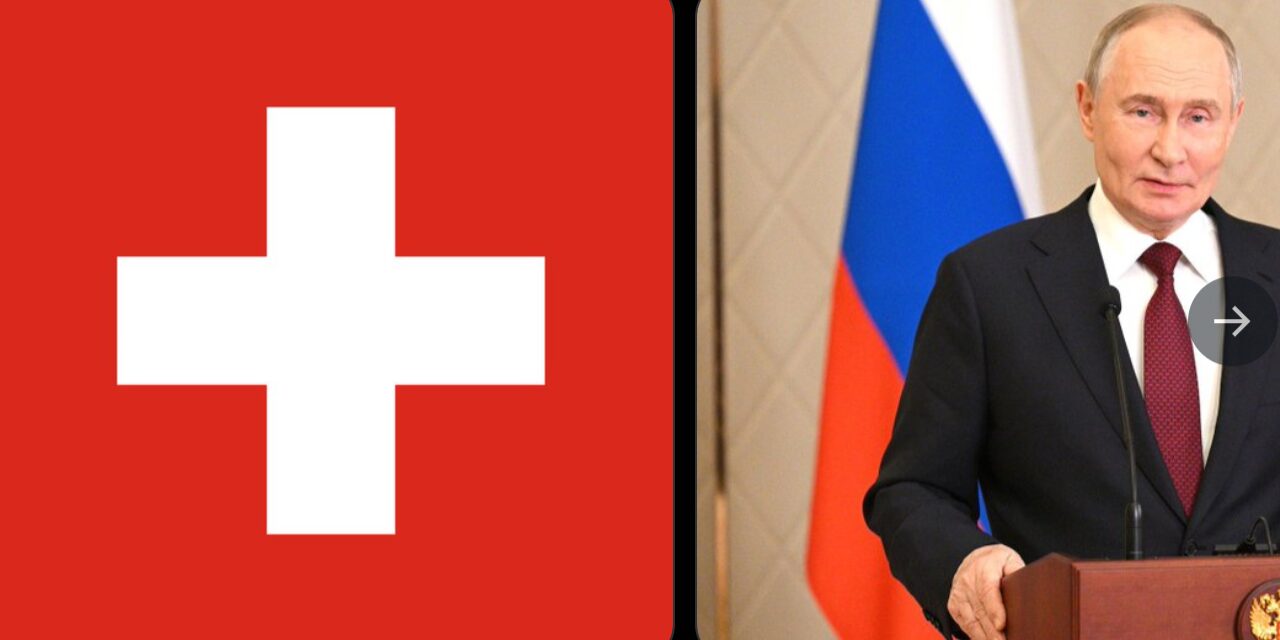
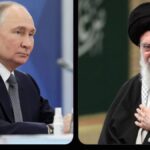

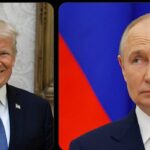
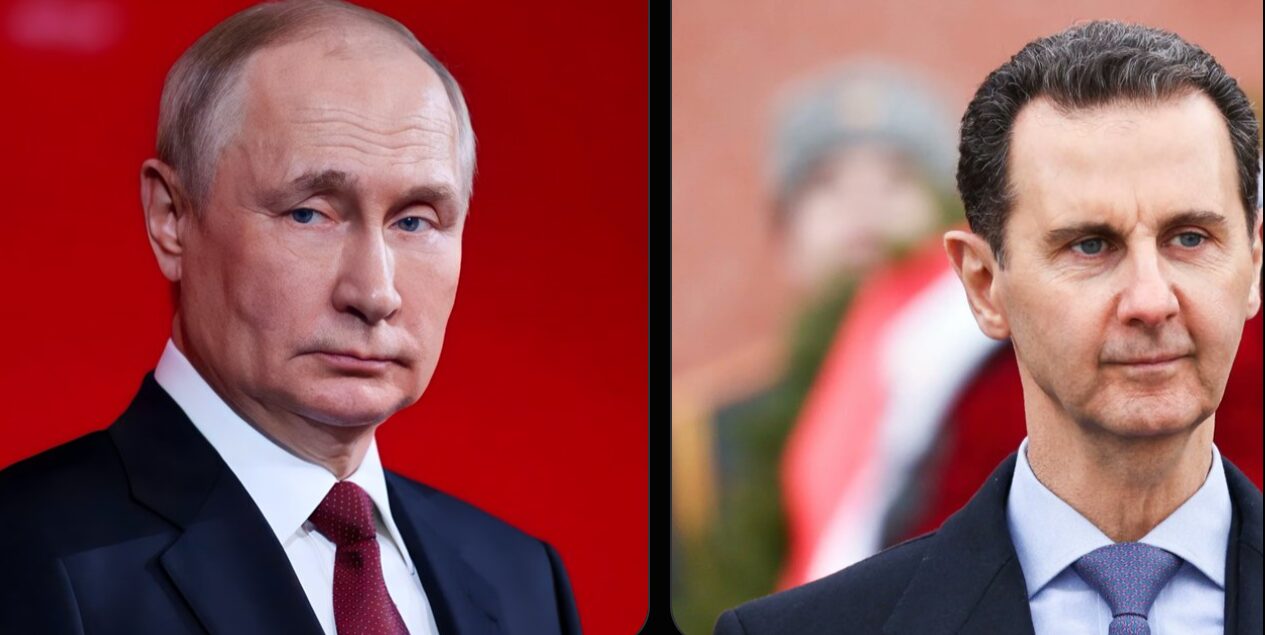
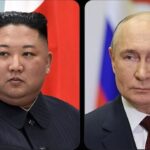

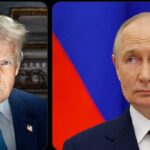








Post Comment